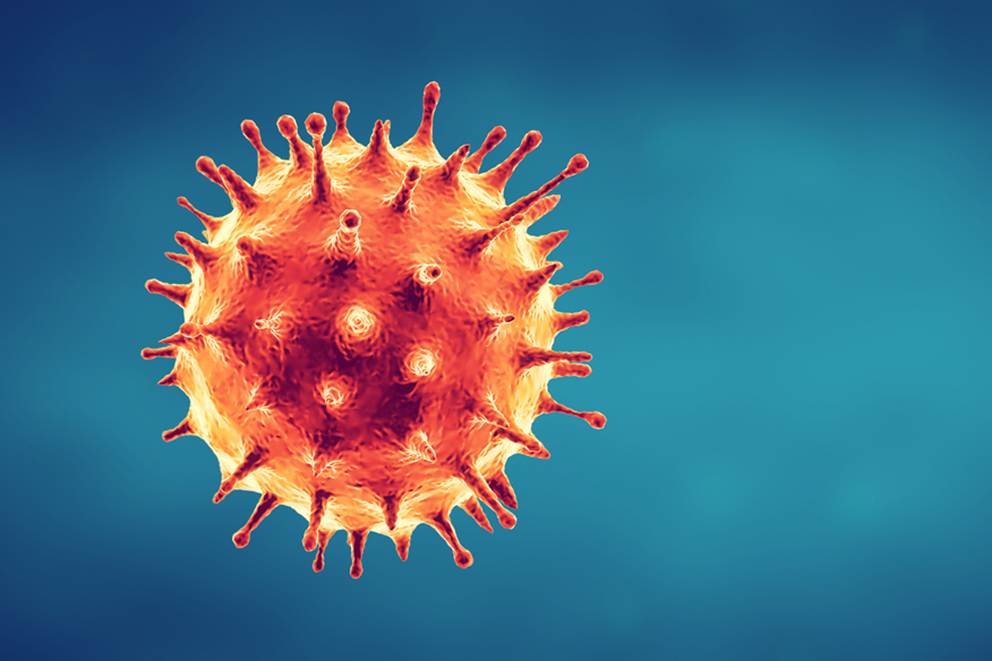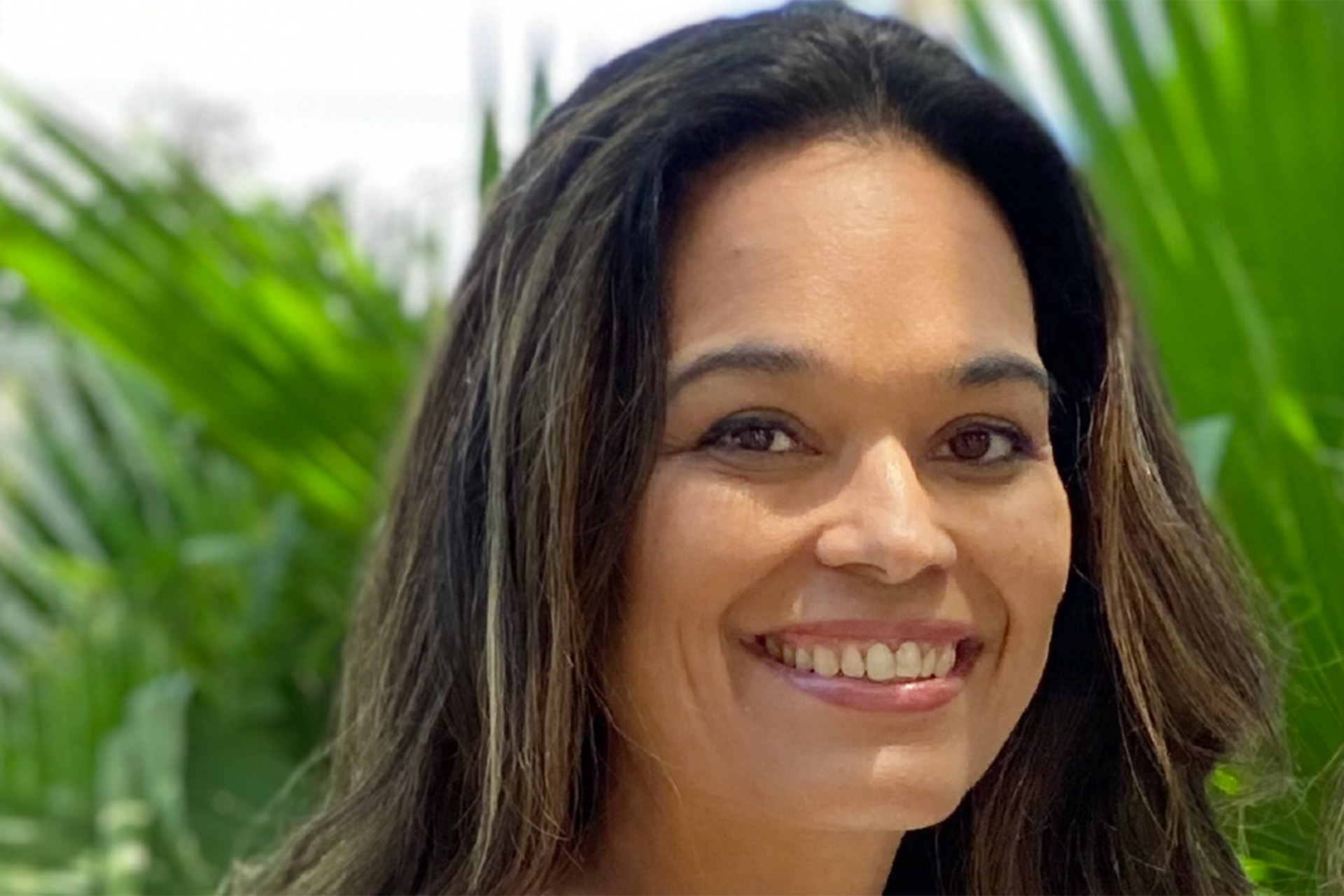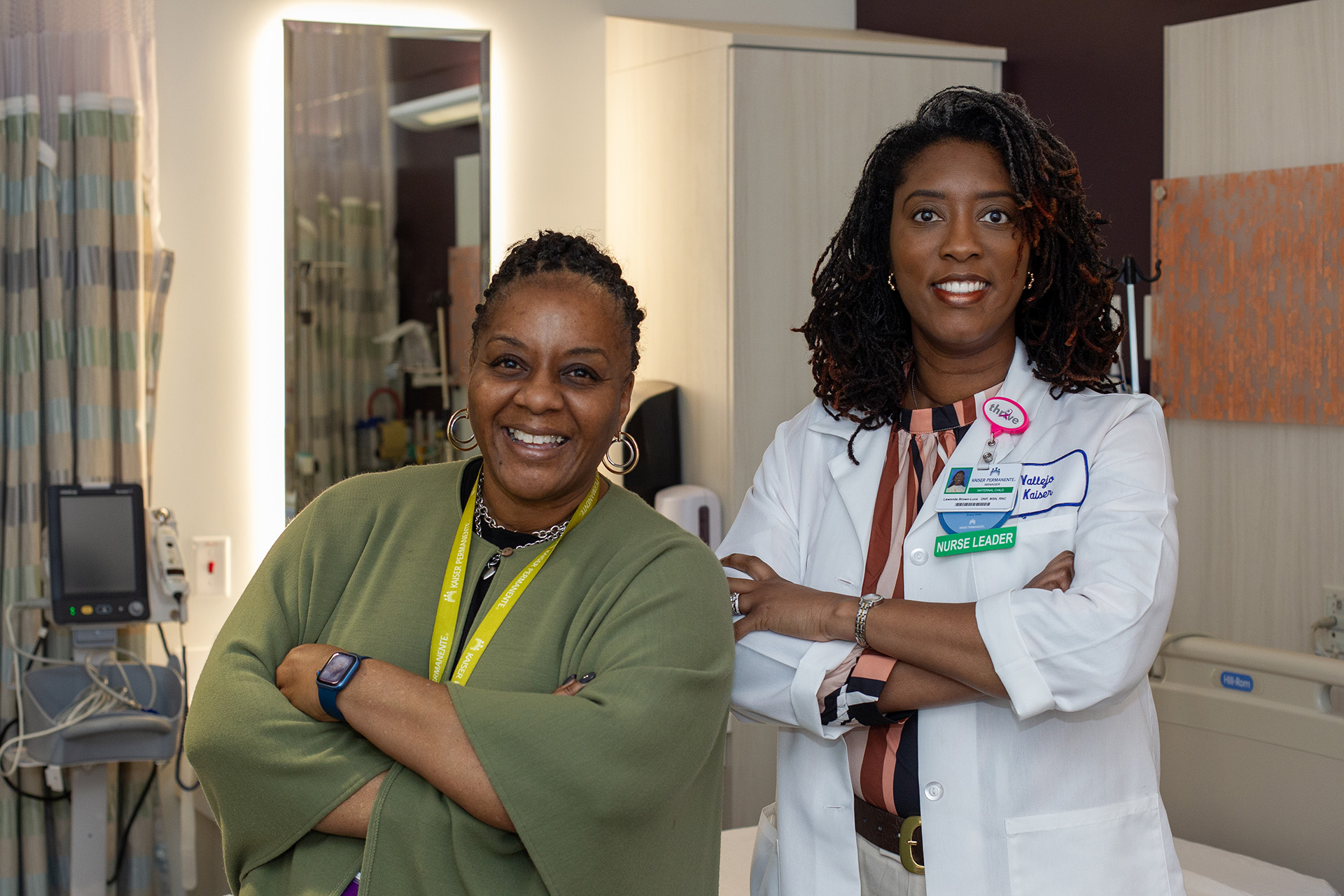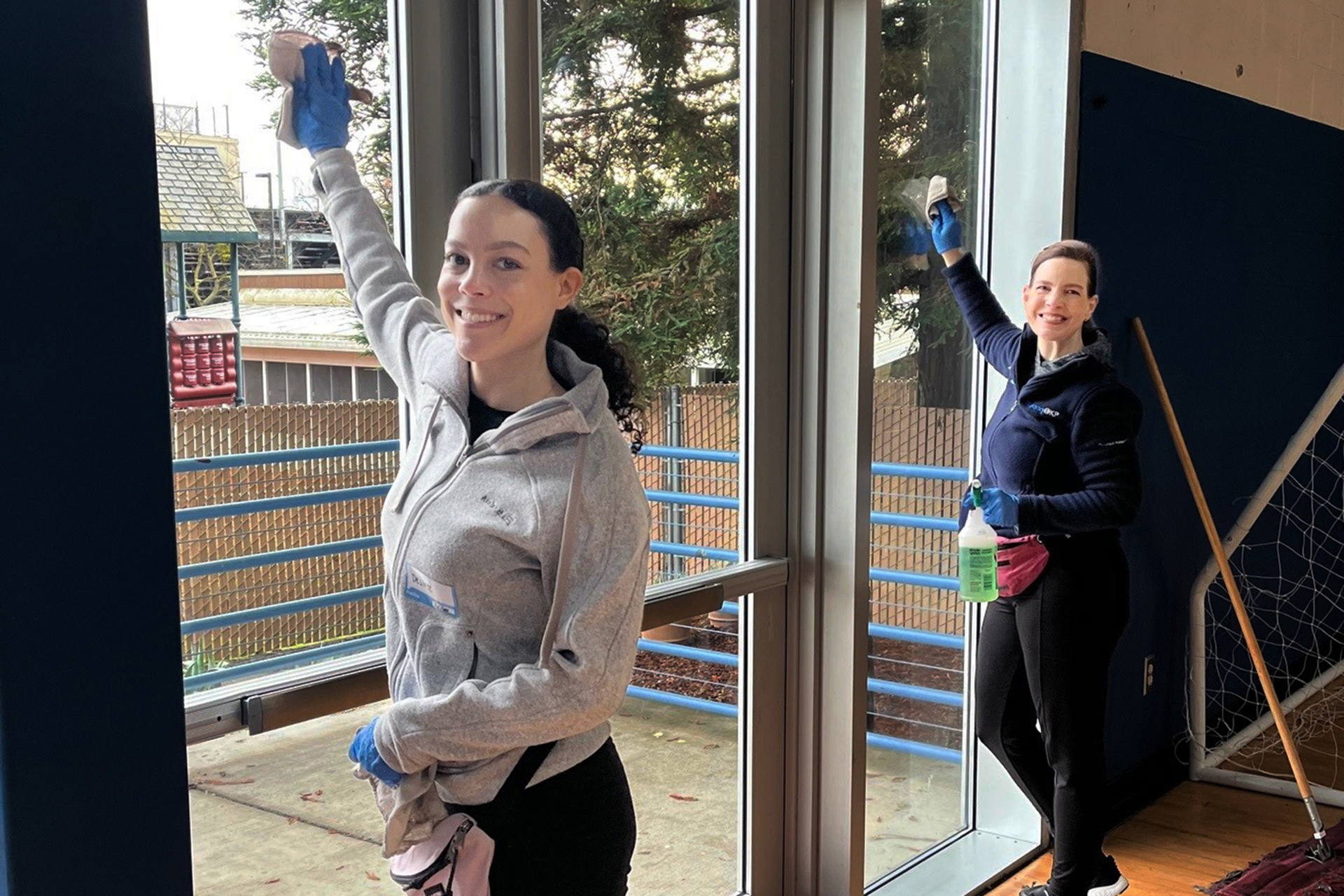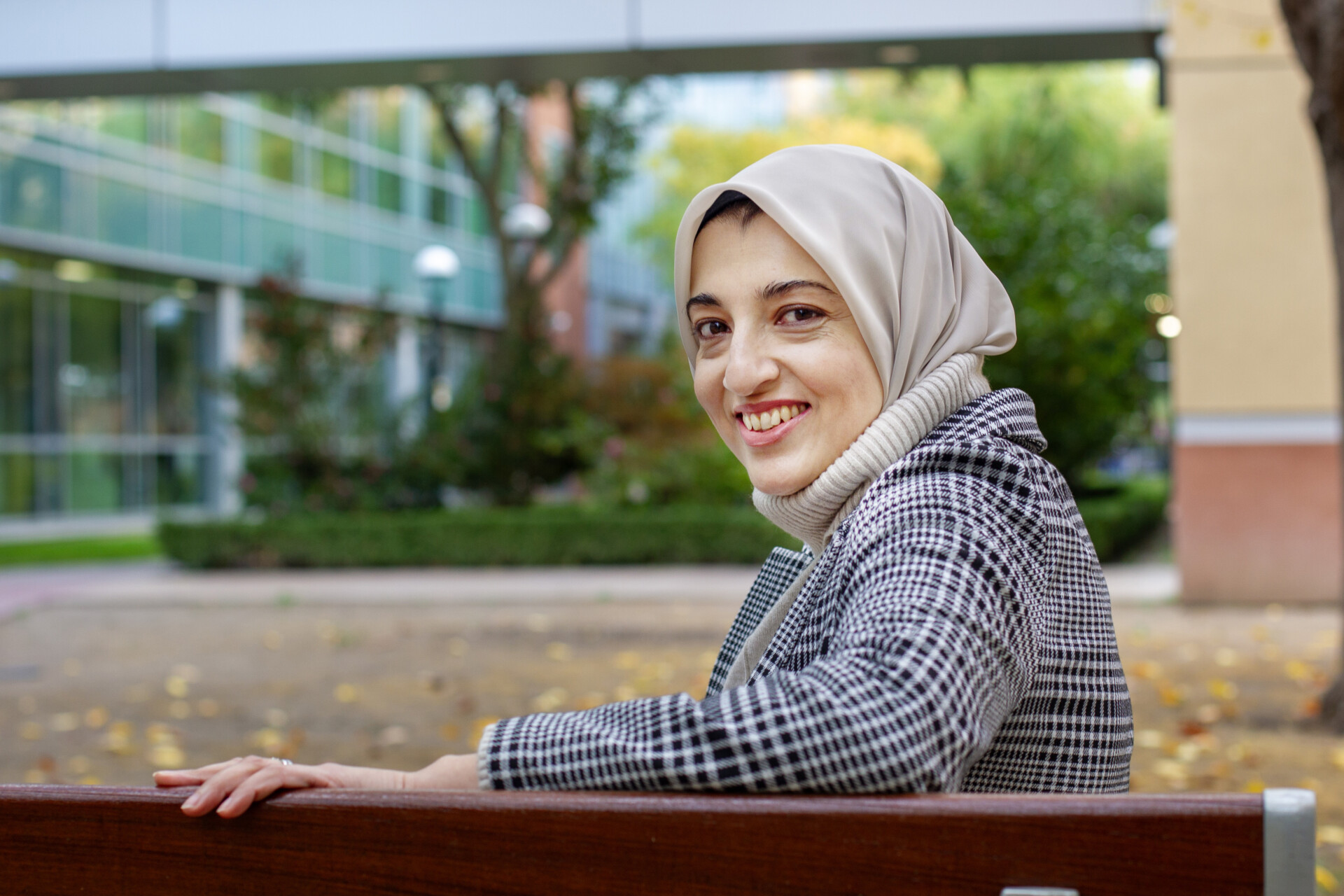Randy Bergen, MD, is clinical lead of the Influenza Vaccine Program for Kaiser Permanente Northern California and a pediatric infectious disease consultant. He helped lead the Kaiser Permanente Medical Group during the 2009 H1N1 outbreak and has extensive experience in international medicine.
With new cases of COVID-19 growing daily, learn how past outbreaks have shaped the public health community’s response to major health crises and the unique characteristics of the COVID-19 pandemic, from high concern to hard numbers.
How does the COVID-19 pandemic differ from other infectious disease pandemics?
We have never dealt with something of this magnitude. It’s unprecedented in the 75-year history of Kaiser Permanente.
COVID-19 is a respiratory disease caused by a novel coronavirus that emerged in China. Other types of coronavirus caused the 2003 Severe Acute Respiratory Syndrome (SARS) outbreak and the 2012 Middle East Respiratory Syndrome (MERS) outbreak.
COVID-19 has spread rapidly across the world and is showing to be more contagious than SARS or MERS. It’s safe to say it is as contagious as influenza, which infects 5% to 20% of the U.S. population annually.
Although COVID-19 currently has a lower death rate than SARS, Ebola, or MERS, it has already claimed more lives globally and spread across more countries than those diseases individually.
It’s difficult to make predictions since the COVID-19 pandemic just began, but in terms of the magnitude of infections, it will be more serious that the 1957 Asian Flu and 1968 Hong Kong Flu pandemics. We are all hoping it will not be as severe as the 1918 Spanish Flu.
Something unique to COVID-19 is its 14-day incubation period, meaning it can take up to 2 weeks for a person to develop symptoms after being exposed to the virus. Within that time, infected people without symptoms are more likely to unknowingly infect others. This is significantly longer than other viruses. The flu, for instance, has a 1- to 4-day incubation period. This makes it harder to follow the path of the virus and to mitigate the spread.
What is something we can expect from this pandemic that we have learned from others?
Although we can’t predict the future, we can look at the past. Historically, respiratory viral pandemics have come in multiple waves. In the case of the 2009 H1N1 outbreak, the second wave hit about 4 months after the first and with equal severity.
We should expect to contend with COVID-19 for at least the next 12-18 months. Whether or not we will deal with COVID-19 for years, like influenza, is complex. It depends on how quickly people are exposed, if they develop lasting immunity, if we create medications or a vaccine, and if the virus mutates and can recirculate in modified forms like influenza.
How is Kaiser Permanente better equipped to handle an infectious disease pandemic than a decade ago?
We have a strong system in place to handle these kinds of emergencies. Our leaders, our staff, and our doctors are the best in the country. As a health care provider, Kaiser Permanente is making a difference in blunting the curve of COVID-19 and saving lives.
How is the public concern of this health crisis different from others?
This public health crisis is real and unprecedented in my career. In terms of public concern, other pandemics pale in comparison to the COVID-19 crisis. When a new infectious disease emerges, there are a lot of unknowns. It’s justified for people to be worried but adding a pandemic of fear to the virus pandemic will not help us.
It’s important to respect the disease and take simple measures to help prevent it, including washing hands, not touching your face, covering coughs and sneezes, social distancing, and following the guidelines of the medical community.
What will the legacy of COVID-19 be?
In addition to the health impacts, the other major impact will be economic. The global economy will be impacted for a long time to come, affecting those who did not get sick.
What do you hope society learns from the coronavirus outbreak?
As a society, we must realize that humans have a great influence on the environment but, ultimately, nature is in charge. Animal viruses will continue to adapt and infect humans like they did in this and past pandemics.
This is not the last time something like this will happen, so we need to invest in preparedness; in a future that values public health infrastructure, that can more rapidly produce protective equipment, testing kits, medications, and vaccines, and can somehow do it without creating the present economic hardships.
